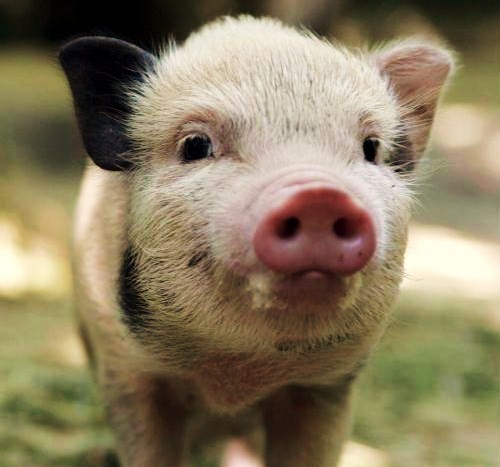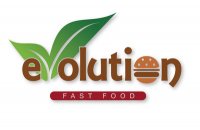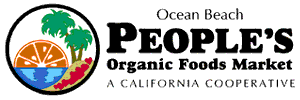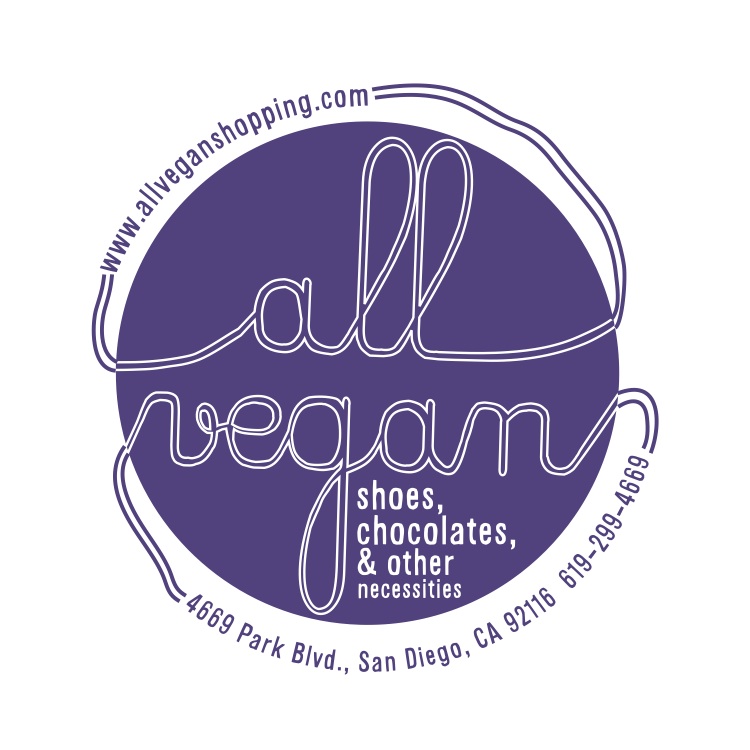First of all, this scenario is unrealistic. It’s virtually impossible that everyone in the world would adopt a veg diet overnight. However, if in a couple of decades, the world’s population decided to stop eating animals, the meat industry would have plenty of time to adjust. After all, as a multi-billion dollar business, factory farms know very well how to balance out supply and demand. Domesticated animals are bred for food; without a demand for animal products, there would be a significant reduction in the number of cows, chickens, pigs, turkeys, and fish bred for consumption in the world. Since less land would be used for raising animals, more land could revert back to its natural state, leading to greater biodiversity.
Animals kill other animals for food, right? I mean, aren’t we natural carnivores?
Thousands of years ago, meat might have been necessary for our survival, but western society has evolved tremendously since those days of the hunter-gatherers. Most of us no longer hunt our food for survival. Animals raised for consumption nowadays have no opportunity to run away or escape their unfulfilling, brutally horrendous lives on a factory farm. There is no glory or fairness left in raising and killing a domestic animal for convenience. Luckily, in today’s American society every nutrient found in animal products can be easily found from plant-based sources in any supermarket. In fact, our digestive systems find it easier to digest plant matter than meat. Carnivores have very short digestive tracts compared to humans. This facilitates their meat digestion; in contrast, meat takes a long time to pass through our intestines, increasing the likelihood of intestinal blockage and other digestive troubles.
How do you deal with cravings for animal products?
Most of us have been raised in meat-eating households and have incorporated eating animal flesh into our lives unquestioningly. This means that abstaining from consuming animal products may mean not only a change in your diet, but a change in your very lifestyle. Because of this, feel free to be gradual about phasing animal products out of your meals. The important thing is to remain honest about your emotions and stay focused on your goals and why you choose to pursue them. If, for instance, you feel a craving for bacon, acknowledge this and try to work with it. Why not make yourself some facon or another delicious veggie recipe? If this is not feasible, consider why you are choosing not to eat pork in the first place. Is it for health reasons? Environmental? Ethical? Whatever the reasoning, consider how eating pork would make you feel in relation to achieving your goals. If you do give in to your cravings, please remember that we are all human, and therefore, fallible. Think about why you “messed up” in the first place and how you can avoid doing so again in the future. The bright side is that after awhile of not eating meat, your tastes will change. With a little perseverance, cravings for animal products will become a thing of the past.
What about all those soy and processed foods vegetarians eat? Aren’t those really bad for the environment?
Soy is one of the most
controversial foods out there, billed both as a wonder food and as an
environmental danger. Both claims have some validity to them. Soy can
be great
for your body if consumed in moderation. However, 85% of soy
grown in this country is genetically modified, and
most of it is owned by only a few very powerful corporations. It’s
sprayed with pesticides and limits biodiversity, making it very
destructive for the environment. That being said, 59%
of soy grown in this country goes to feed
animals raised for consumption. The rest is mainly
pressed for its oil and put into a myriad
of products , including biodiesel, candles, soaps, chips,
cosmetics, inks, plastics, and clothing. Very little soy is actually
used in foods marketed specifically for vegetarians. The environmental impact of a
veg diet that includes soy is very small in comparison to one that
includes meat regularly.
As for processed foods, unless you are a raw locavore, everyone’s food must travel thousands of miles and go through a lot of processing before it ends up on our plates. This wastes immense amounts of natural resources (water, petroleum, etc). It is up to you as an individual to decide how environmentally sustainable your meals are. That being said, there are plenty of other sources of protein besides soy and processed meat- and dairy-replacers available to someone who chooses not to consume animal products. Neither of these are integral to a healthy veg diet.
What should I know about veg nutrition?
The American
Dietetic Association recently stated in 2009 that
“…appropriately planned vegetarian diets, including total vegetarian or
vegan diets, are healthful, nutritionally adequate, and may provide
health benefits in the prevention and treatment of certain diseases.
Well-planned vegetarian diets are appropriate for individuals during
all stages of the life cycle, including pregnancy, lactation, infancy,
childhood, and adolescence, and for athletes.”
For more information about where to get your nutrients from a veg diet, please visit our Nutrition section. For more detailed information on how to balance your diet, please visit veganhealth.org
How do I know if something’s really free of animal products?
Unfortunately in this country there are no strict guidelines for labeling food as vegan- or vegetarian-friendly. However, some companies do choose to include this information near their ingredients list. Raw DC has a list of symbols that denote that a product is veg friendly. For a list of animal-derived ingredients, please see Happy Cow's list of animal derived ingredients.
As a side note, many sugars and alcoholic beverages are processed using animal ingredients. For a list of animal-product free sugars, click here . For a list of animal-product free beers and wines, visit barnivore.com .
Isn’t a veg diet more expensive than one that includes animal products?
Well, that all depends. Mock meat and dairy products tend to be on the pricier side, but on the other hand, they keep longer than their traditional counterparts. However, you do not need veggie dogs and soy creamer to get the nutrients you need to stay healthy. If you still wish to buy mock meats and dairy, there are several low-cost options for these. TVP and nutritional yeast, for instance, can be readily purchased at any natural foods market in bulk for little money. Homemade versions of dairy-free cheese and sauces can be much cheaper than store-bought versions if made in large quantities. A carefully-planned veg diet can actually be very inexpensive. Reverend Lilly drew up a great (albeit cheeky) cost comparison between a vegan and an omnivorous diet, and came up with a vegan grocery list that totaled less than $30 a week!
feel better, stop supporting
cruelty to animals raised
for food, and help protect
the planet. I pledge to explore vegetarianism
for veg week!


I don't belong in your belly

mmm...fruit

Read food labels!








